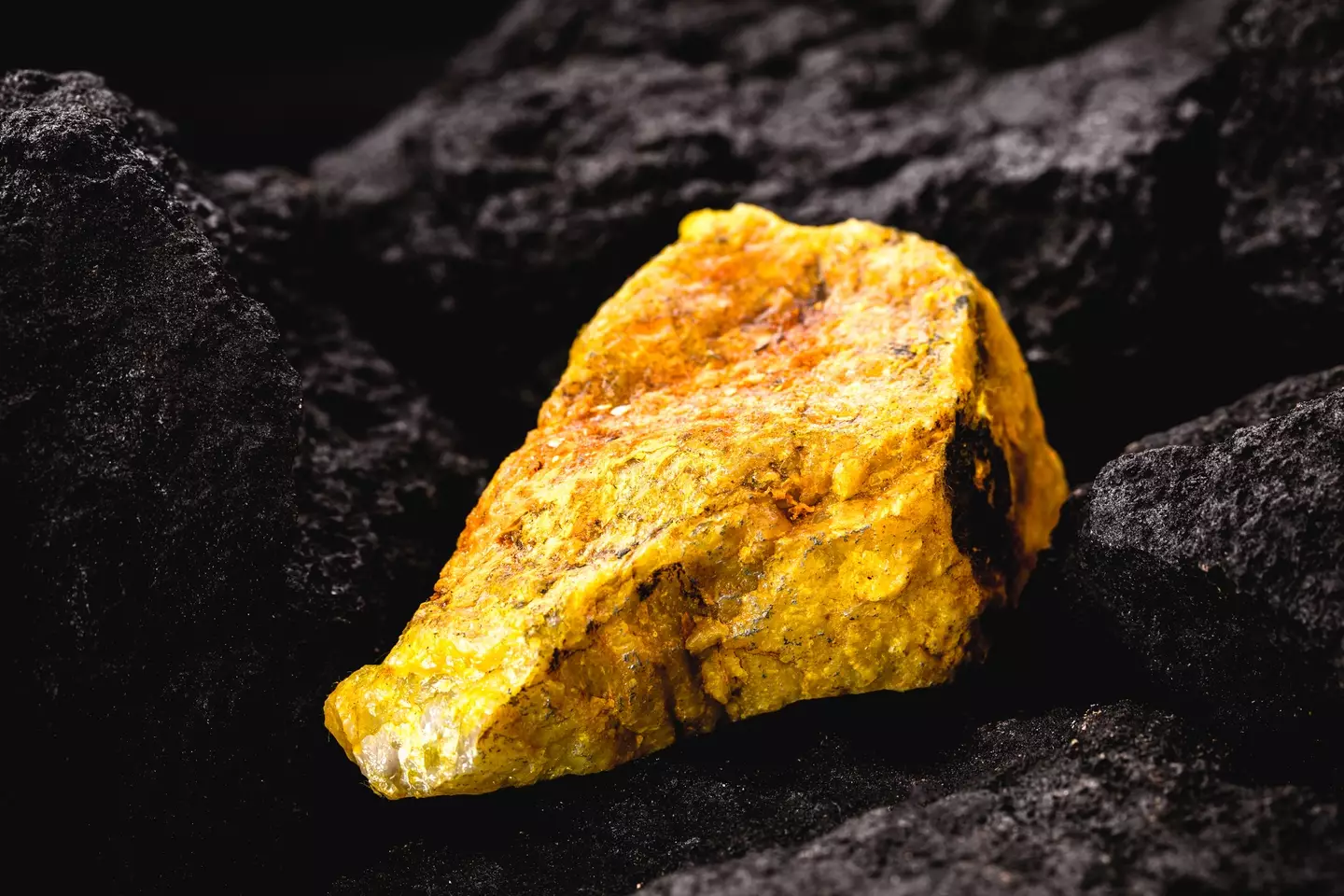
If you've ever wondered what would happen to you if you ate uranium then you should look no further than Galen Winsor who demonstrated exactly that in a shocking experiment.
Winsor was a nuclear chemist who decided to consume the radioactive chemical back in 1985 to prove it was harmless, and incredibly lived for another 23 years before dying at the age of 82 in 2008.
The reason he recorded himself eating the chemical was because he had grown numb to the beliefs that it harmed you, having worked with the extraction of plutonium for three decades - and of course, plutonium is created from uranium.
However, his cause of death was never revealed in his obituary so there's no proving he died as a result of his unconventional meal, but these days we could have an educated guess that it took a toll on his body.
Advert
That's because we now know the health effects of exposure to uranium.

How does uranium affect the human body?
First off, natural and depleted uranium have the same chemical effects on the human body, and despite it being radioactive the health impacts it has are primarily due to its chemical toxicity.
The kidneys are the main organs affected by uranium exposure - which has been noted in tests on both humans and animals that have been exposed to uranium.
Victims experience kidney damage after inhaling or ingesting uranium compounds, although water-soluble forms of uranium are more likely to cause kidney damage at lower doses compared to less soluble forms.
Inhalation of insoluble uranium compounds can also harm the respiratory system.
Aside from kidney damage, no other consistent health effects have been observed in people who have inhaled or ingested uranium compounds, or in military personnel with uranium metal fragments in their bodies.

What do the studies say about uranium?
In lab studies, rats that consumed uranium over long periods showed behavioral changes and alterations in certain brain chemical levels.
Meanwhile, some animal studies have found reduced fertility linked to uranium exposure, while others have not observed this effect. Highly soluble uranium compounds applied to the skin have caused irritation and mild skin damage in animals.
All-in-all, it just proves how lucky Winsor was to live on for more than 20 years of his life - although it may also suggest that extremely low-levels of uranium aren't as dangerous.